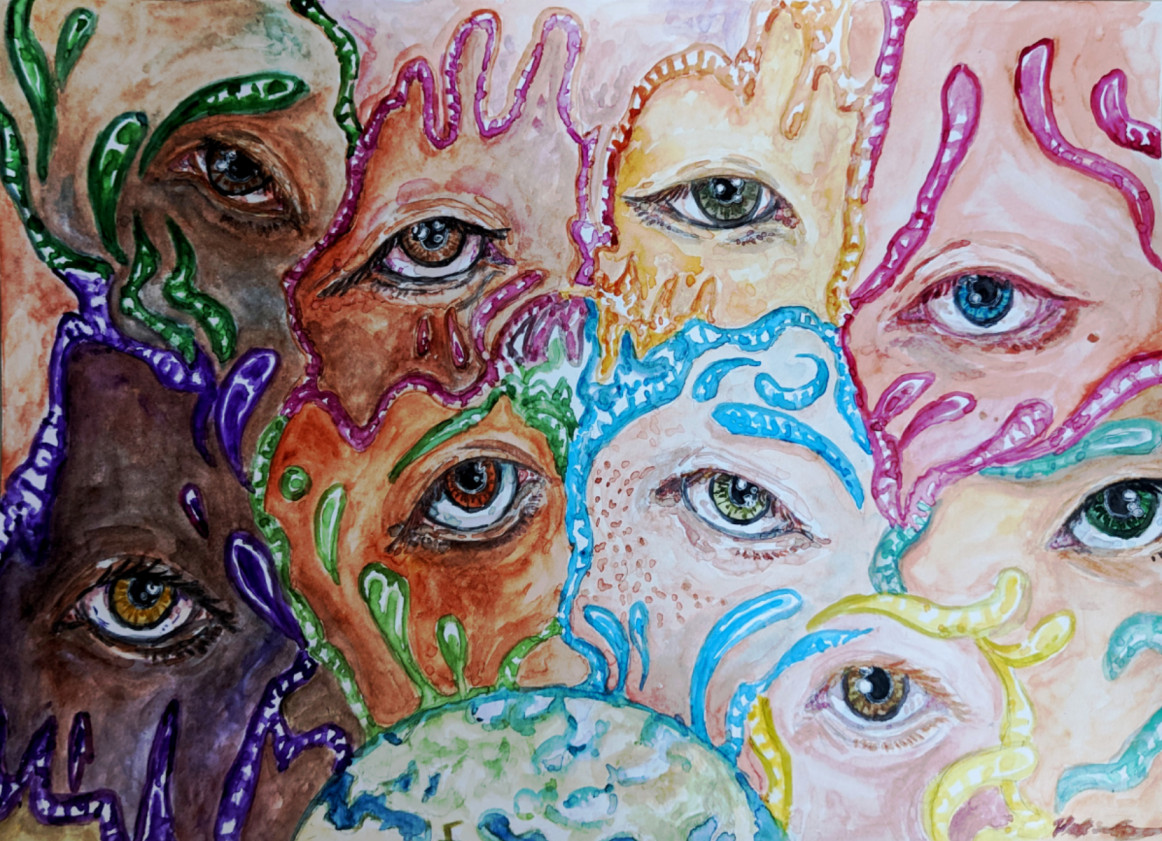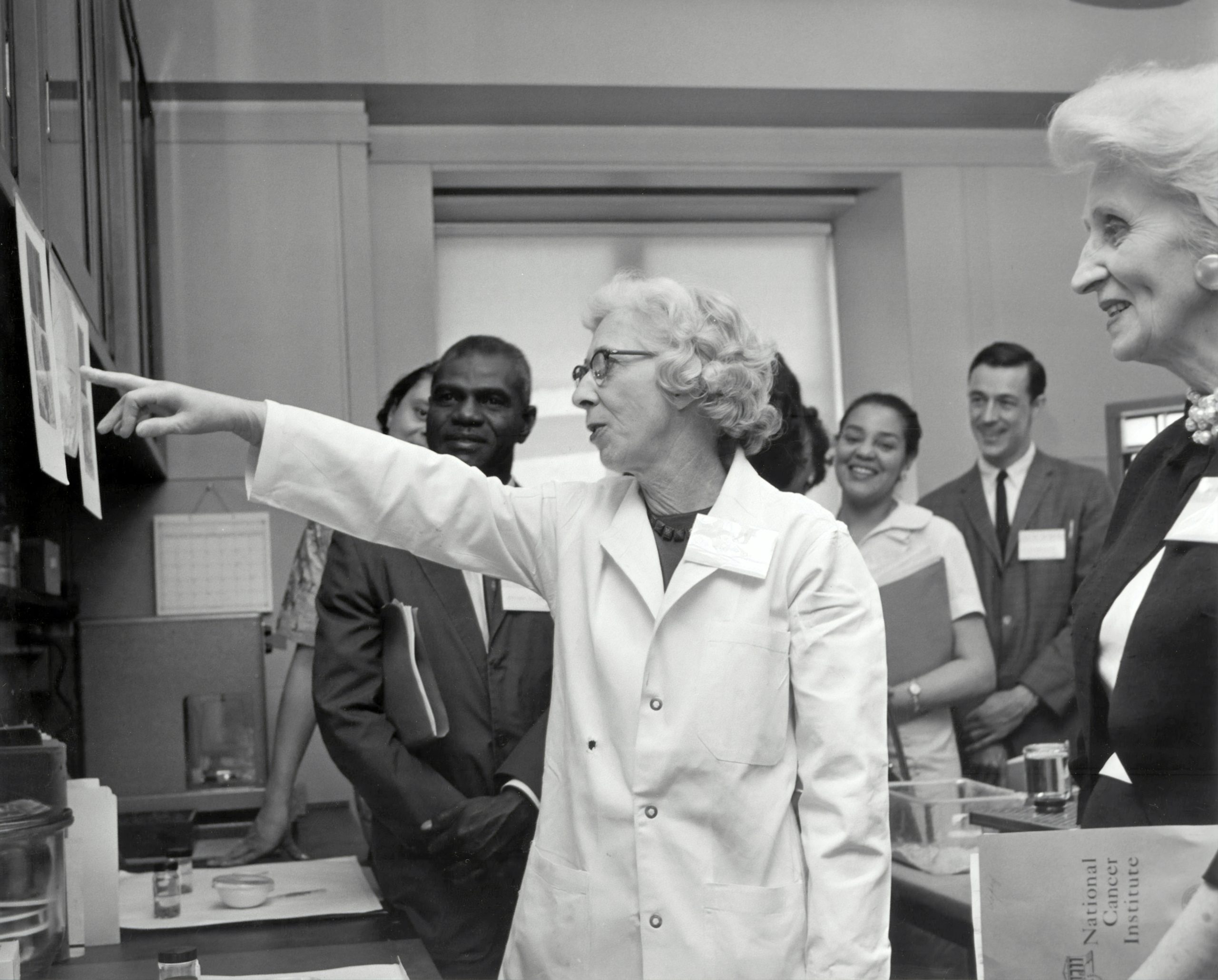Artwork from the Print edition by Peyton Cherry.
This article was originally published in the Oxford Scientist’s Print edition, Barriers, in Michaelmas Term 2022, under the title ‘WEIRD: Barriers to Participation Diversity in Behavioural Sciences’. You can read more of our Print articles here.
‘Most people are not WEIRD’ reads an attention-grabbing title from 2010 in Nature, by Joseph Henrich and colleagues. The opinion piece does not refer to the oddity of people, though. Rather, it focuses on the fact that a substantial amount of research on human behaviour and psychology assumes that people share most fundamental cognitive and affective processes with one another, and therefore ‘findings from one population apply across the board’. That assumption, the commentators say, is a false one.
Despite only representing 12% of the world’s population, most people who participate in behavioural science studies come from western, educated, industrialised, rich, and democratic (or WEIRD) societies. This especially includes research in experimental psychology, cognitive science, and economics. In fact, one country—the USA—dominates when it comes to supplying research participants for psychology studies, with research institutions possessing a particular penchant for recruiting undergraduate psychology students themselves. Indeed, as many as 80% of participants in comparative social and behavioural science studies are, in the words of Joseph Henrich and colleagues, ‘the weirdest people in the world.’ Given that Americans comprise less than 5% of the world’s population, commentators such as Jeffrey Arnett argue that the result is an incomplete understanding of psychology that does not adequately represent humanity.
Diversity in research participation is important. This has been recognised by numerous organisations around the globe, such as the UK’s National Institute for Health Research (NIHR), and UC San Francisco’s Clinical and Translational Science Institute. The latter group has highlighted that study participants should reflect the diversity of our culture and conditions, and that not doing so can have serious ethical and research consequences. They reason that such a lack of participant diversity could affect researchers’ ‘ability to generalise study results’, as well as to ‘make medical advancements of effective therapies’, and may prevent some populations ‘from experiencing the benefits of research innovations’.
Despite a clear necessity to widen participation in behavioural science research, there lacks a consensus on how to do so. Yet, this is not the result of a dearth of caring. Instead, the conversation amongst researchers appears to have taken a more tangential shift, moving away from research “on” people, and towards research “with” people. Research strategies which emphasise participation are now increasingly being used in areas such as health research, including research stemming from NIHR, who over the past few years have strengthened their research focused on under-served populations. They have recently emphasised a study exploring the treatment of people from ethnic minority backgrounds who had dementia, as well as another study exploring South Asian women’s attendance at breast cancer screening.
Nonetheless, the weight given to increasing participant diversity in health research is not reflective of that found across research in behavioural sciences more generally. This leads us to the question—what can be done to address barriers to participant diversity within behavioural science research? Perhaps health research can provide some answers here.
As an example, we can look to the 2020 Clinical Trial Design and Delivery for the Under-served (INCLUDE) project, which used a multi-stakeholder process to better understand how to enhance representation of under-served groups in clinical research. The researchers working on INCLUDE identified six priority areas to achieve ‘better healthcare through more inclusive research’. Amongst other recommendations, this included advocating for a nationwide publicity drive on what clinical trials are and why they matter (including a TV series and features), and funders engaging with and enabling provisions for under-served groups.
As stated by Henrich: most people are not WEIRD. Yet, research participation in behavioural sciences certainly is. To address this disparity, initiatives such as INCLUDE might just help provide a much-needed shift away from “weird” and towards “diverse.”





